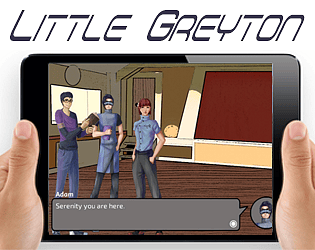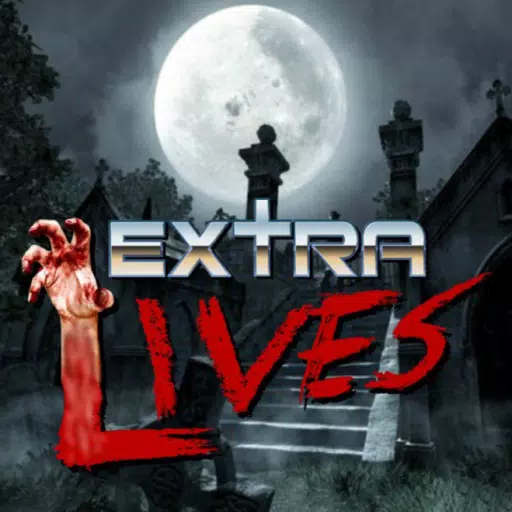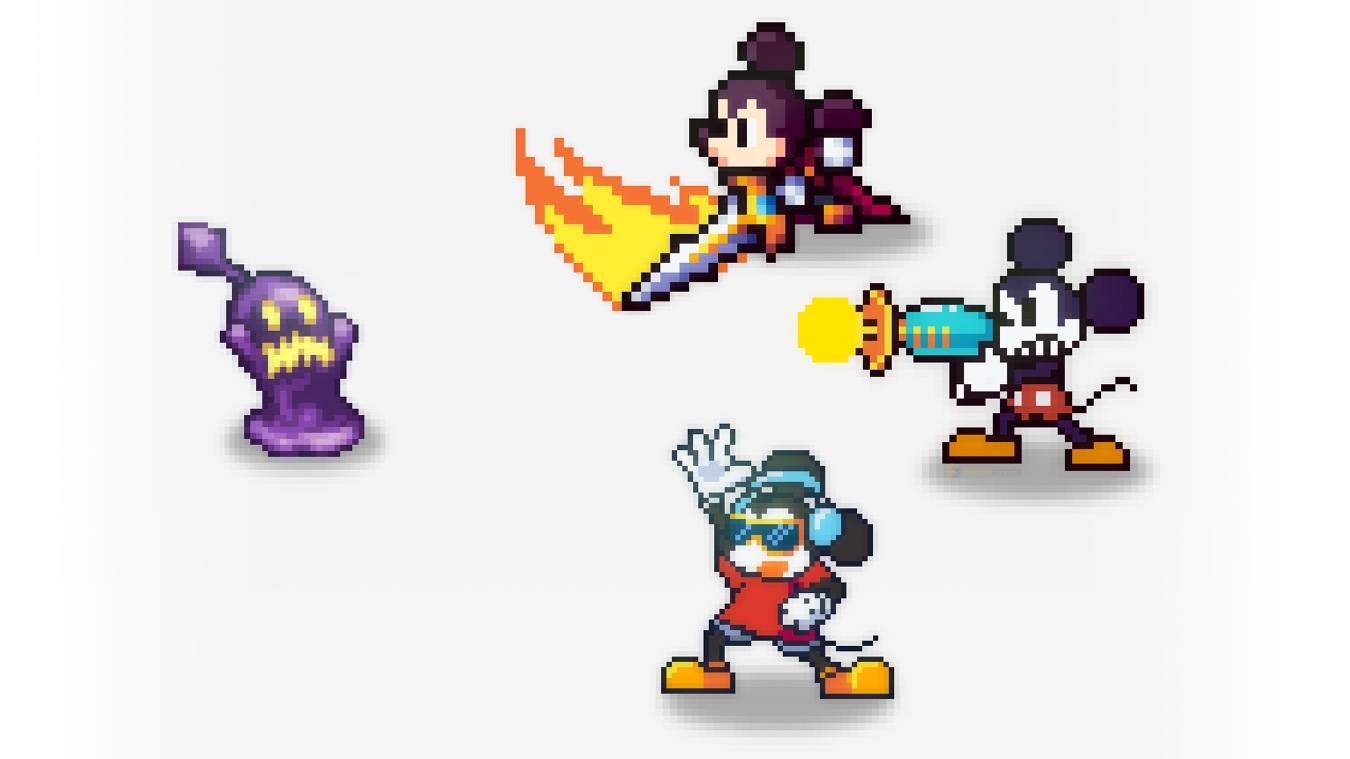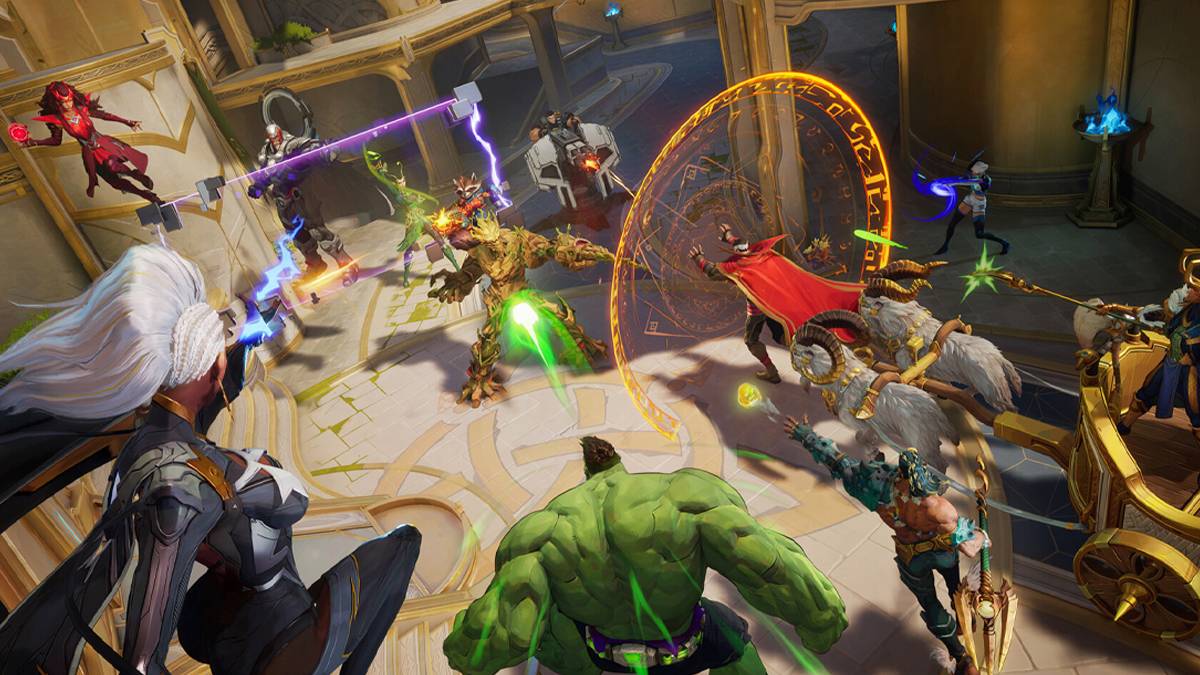The evolution of horror gaming presents a constant challenge: how to consistently generate tension and fear. Familiar mechanics become predictable, leaving the overall impact reliant on design, narrative, and story. While truly innovative horror games are rare, a distinct subgenre, best described as "meta-horror," stands out. Meta-horror games break the fourth wall, directly interacting with the player, not just the in-game world and characters. This interaction elevates the gaming experience to a new level.
The concept of breaking the fourth wall isn't new. Psycho Mantis in Metal Gear Solid (1998) famously asked players to put down their controllers, a revolutionary move at the time. Hideo Kojima further utilized the DualShock controller, revealing player data and heightening tension.
This technique has been replicated in games like Deadpool, Detroit: Become Human, and Nier Automata, but often lacks depth beyond simple player acknowledgment. Unless the interaction surprises or meaningfully impacts gameplay, it remains a superficial element.
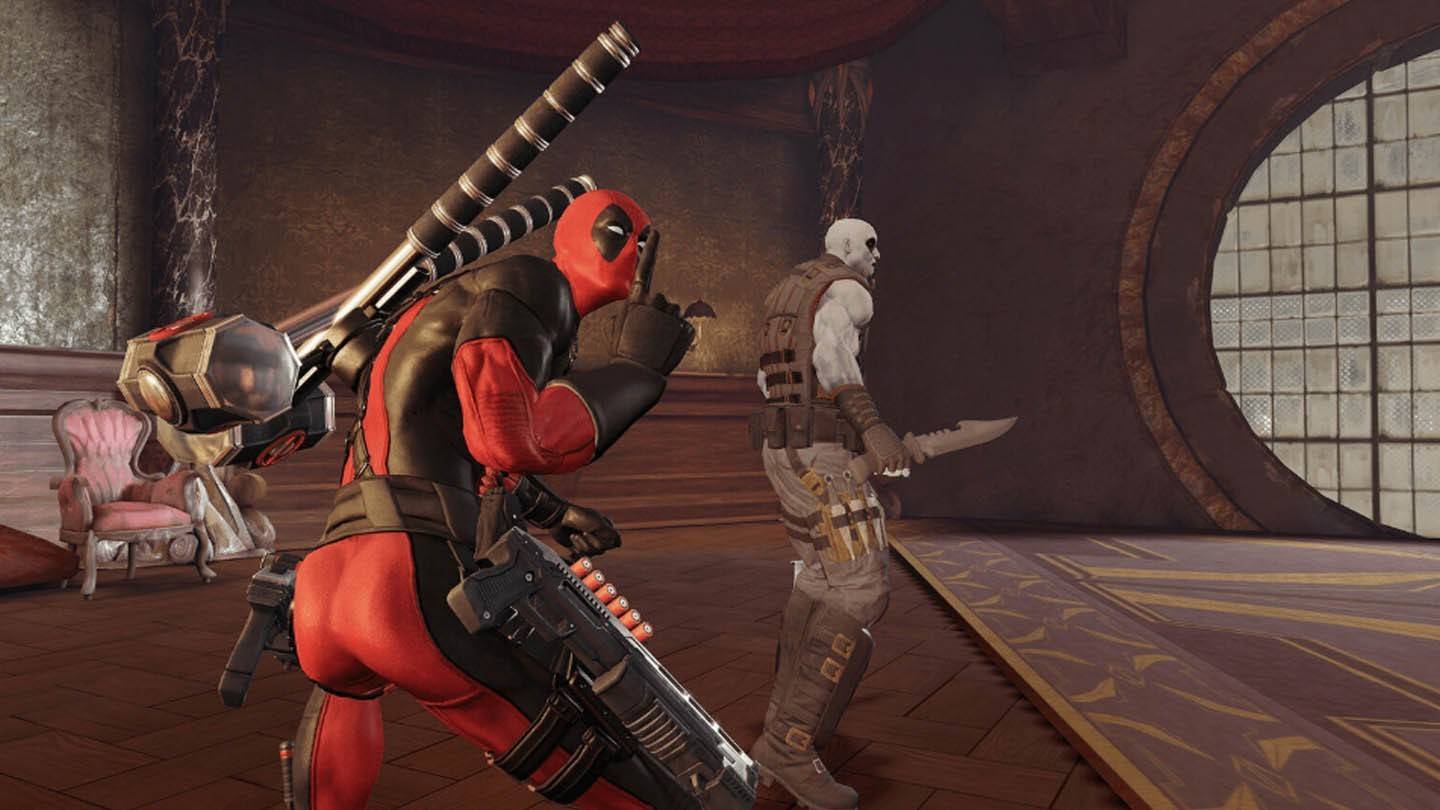
Miside, a recent release, is sometimes categorized as meta-horror, but its meta-elements are largely limited to player interaction within a complex "game within a game" structure. This warrants further exploration in a future discussion.
Let's examine some key examples of meta-horror:
Doki Doki Literature Club!
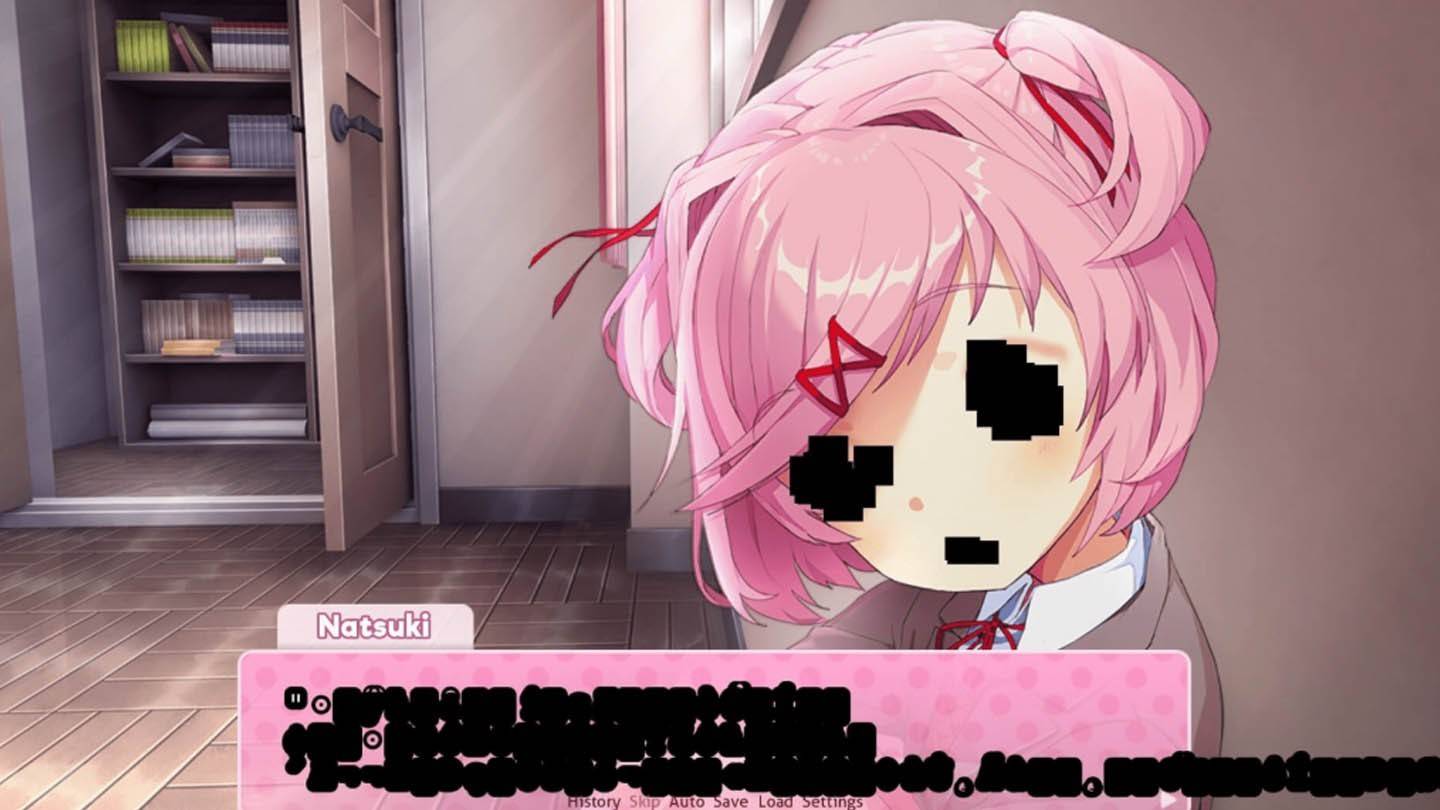
This 2017 visual novel initially presents as a lighthearted romantic comedy, but quickly takes a dark and unsettling turn. Its meta-horror elements extend beyond simple address; the game accesses your operating system username and creates files, seamlessly blending narrative and gameplay. While not the originator of this style, DDLC significantly popularized it.
OneShot
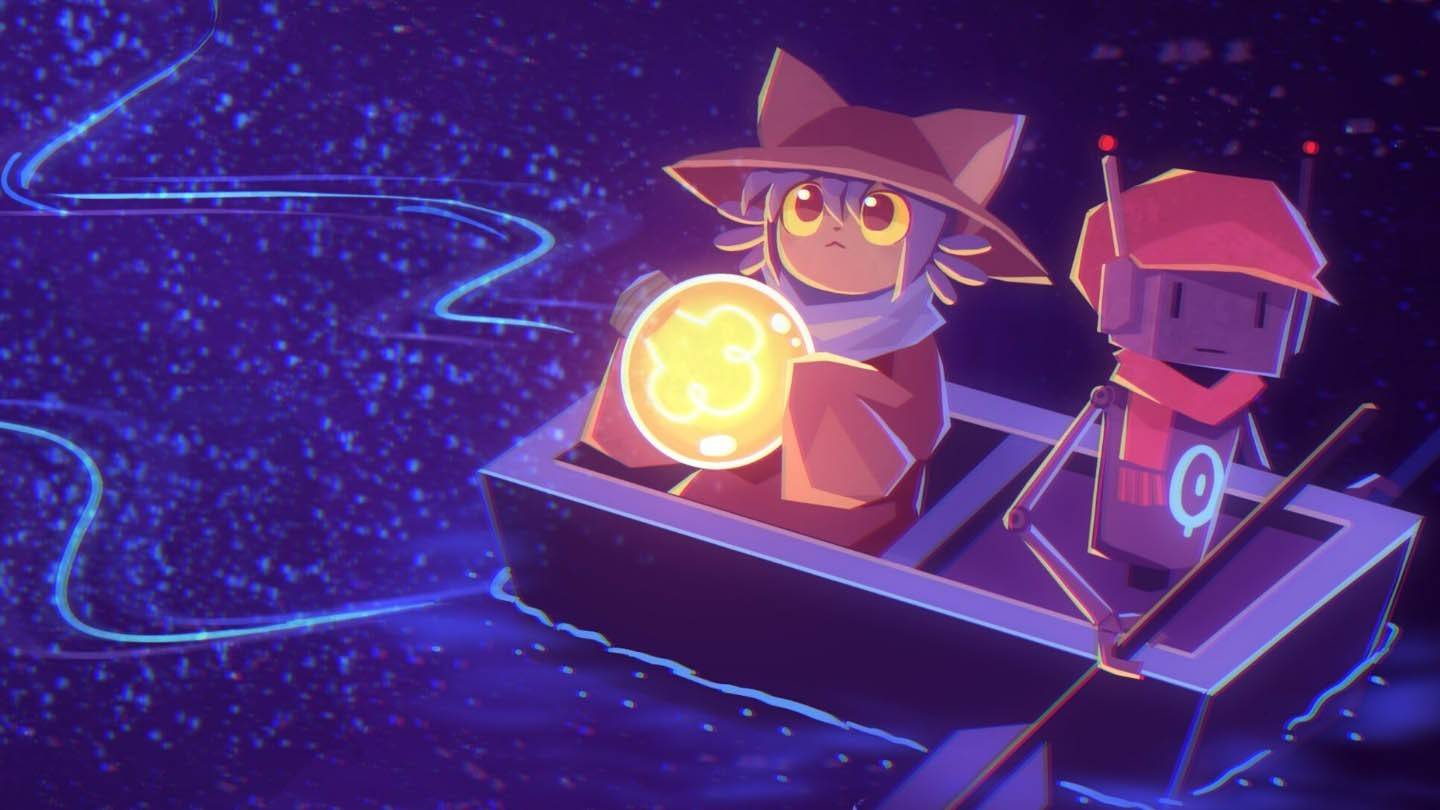
This RPG Maker adventure pushes the boundaries of player interaction even further. While not marketed as horror, it incorporates unsettling elements. OneShot guides you in saving the world, but the game is aware of you, directly addressing you through system windows, creating files, and altering its own title – all integral to gameplay. Unlike DDLC, OneShot fully integrates these mechanics, creating a truly immersive and memorable experience.
IMSCARED

IMSCARED is arguably the pinnacle of meta-horror. It's a game that considers itself less a game and more a self-aware entity, a virus interacting with the player. This concept drives the entire experience. Expect frustration from crashes, window minimizations, cursor control, and file manipulation – all part of the unsettling design.
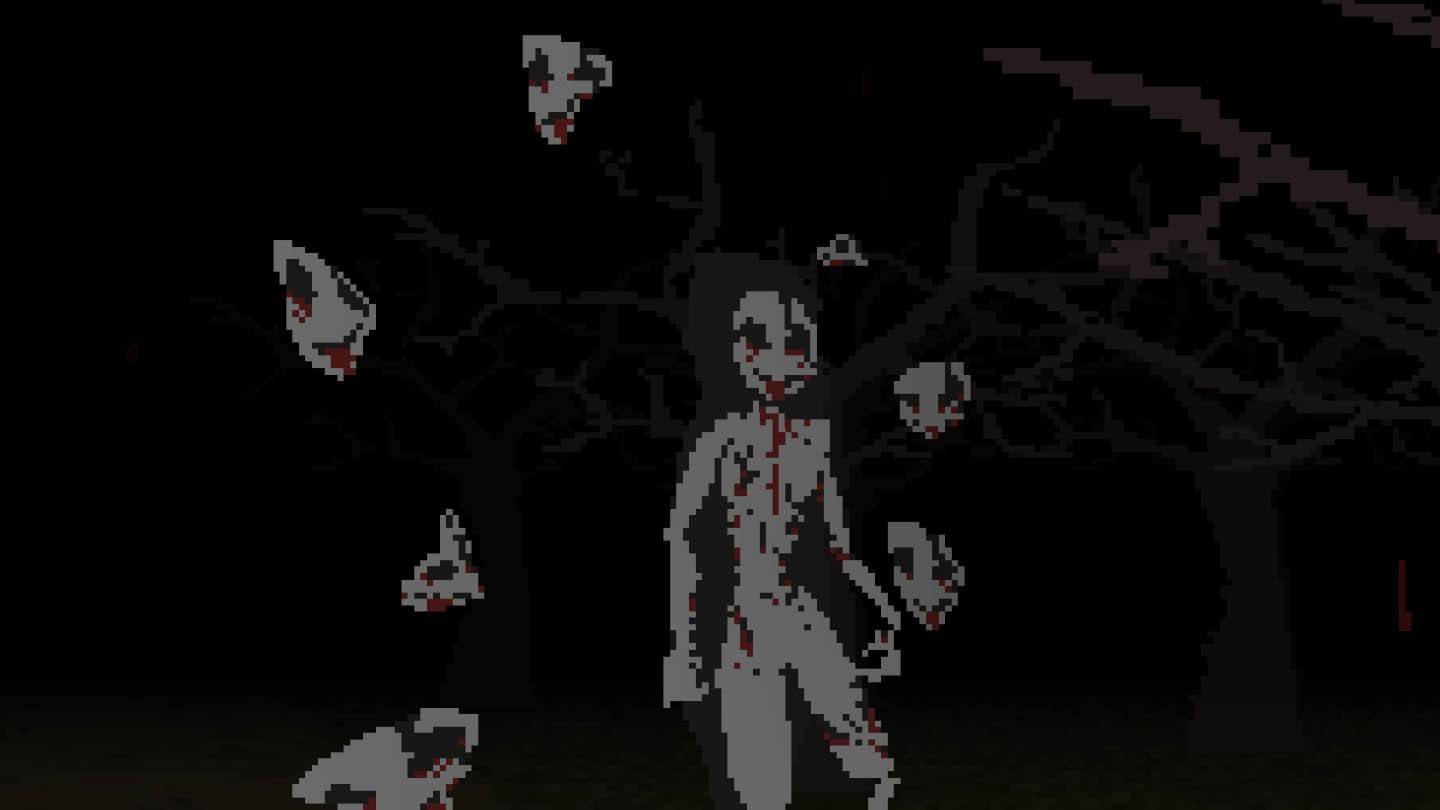
Released in 2012 and updated since, IMSCARED remains impactful. It's terrifying not through visuals alone, but through its direct manipulation of your system.
Conclusion
Many games utilize similar techniques, but few master them as effectively as these examples. Meta-horror provides a unique and unsettling gaming experience. Whether you enjoy visual novels, puzzle-solving, or unsettling system manipulation, there's a meta-horror game out there for you. Voices of the Void offers another intriguing example for fans of randomness and survival.
 Home
Home  Navigation
Navigation






 Latest Articles
Latest Articles
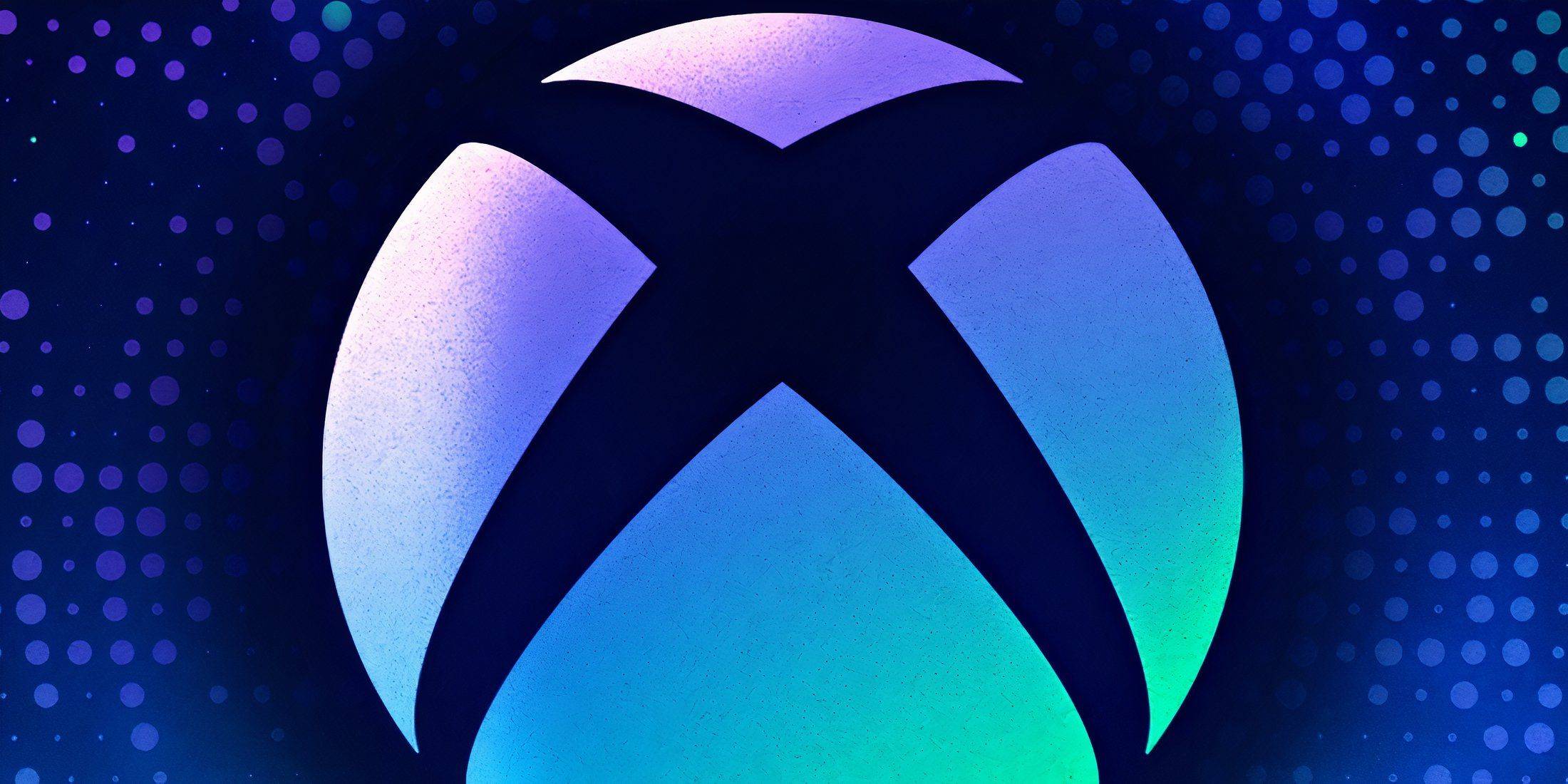








 Latest Games
Latest Games

